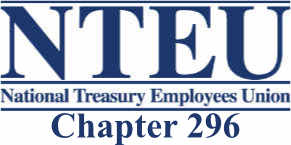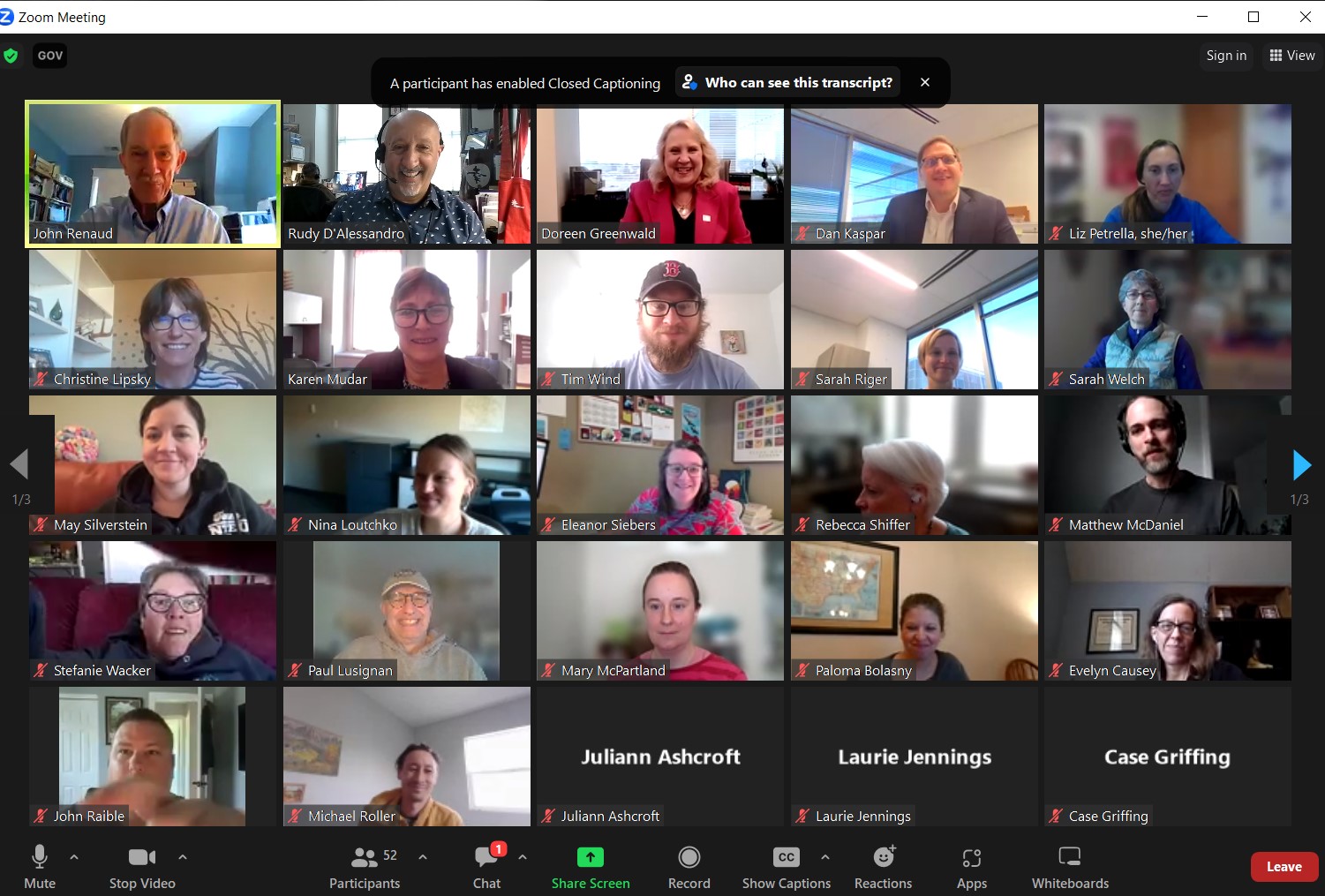|
Update on the Debt Ceiling 5/23
|
|
|
|
SUMMARY: The President and House Speaker Kevin McCarthy continue to negotiate an agreement to raise the debt limit and determine agency funding levels as the U.S. gets closer to the estimated default date of June 1. Yesterday, Treasury Secretary Janet Yellen sent a letter stating that it is “highly likely” the U.S. government will default on its obligations as early as June 1 if Congress does not raise or suspend the debt limit before then, leaving just over a week for Congress to act. The letter came as House Speaker Kevin McCarthy (R-CA) and President Biden met to continue negotiations related to the debt limit and government funding. After the meeting, Speaker McCarthy said that the meeting was “productive” and that the “circle” of issues is getting “smaller, smaller, smaller.” However, this morning, during a closed-door House Republican Caucus meeting, it was reported that Speaker McCarthy said, “We are nowhere near a deal yet.” As you know, a default would lead to distress in credit markets, disruptions in economic activity and rapid increases in borrowing rates for the Treasury. However, even waiting until the last minute to reach a deal to address the debt limit has consequences. According to Secretary Yellen, waiting until the last minute to suspend or increase the debt limit “can cause serious harm to business and consumer confidence, raise short-term borrowing costs for taxpayers, and negatively impact the credit rating of the United States. In fact, we have already seen Treasury’s borrowing costs increase substantially for securities maturing in early June.” Since the U.S. has never defaulted on its debt obligations before, it is unclear how the government would operate if that should occur. Because typical spending outpaces the revenue the Treasury Department brings in on a given day, the federal government would only be able to pay 60% of its bills in a given month of a default scenario. It is possible that the government could delay payments until it collected enough revenue to cover them or prioritize some payments while allowing others to go unpaid. In either scenario, agency payments to beneficiaries, states, grantees, contractors and, potentially, their own employees, could be disrupted. It is possible that some federal workers could be furloughed or asked to continue working on the promise of back pay in the future. As I mentioned last week, in an effort to prevent a default, House Democrats have filed a discharge petition to circumvent regular House procedures in a relatively quick manner to force a vote on a clean debt limit increase bill if needed. The petition requires 218 votes to discharge, or There is also a push from some members of Congress for President Biden to use the 14th Amendment to unilaterally raise the debt ceiling. The 14th Amendment reads, in part: "The validity of the public debt of the United States, authorized by law, including debts incurred for payment of pensions and bounties for services in suppressing insurrection or rebellion, shall not be questioned." Eleven Senate Democrats and 66 House progressives wrote letters to the President last week urging him to use the 14th Amendment. Their belief is that this provision allows the President to essentially declare the debt limit unconstitutional and avert default absent congressional action to raise it. However, there is no precedent for such a move, and it would likely be immediately challenged in court. As you know, last month House Republicans passed H.R. 2811, which would temporarily increase the debt limit in exchange for capping FY 2024 funding to last year’s level, severely limiting future increases, and rescinding more than $71 billion of the $80 billion provided to the IRS in the Inflation Reduction Act of 2022 (IRA). While the bill does not list actual funding levels for agencies under the spending caps, given that several House Republicans have said that they do not want to cut funding for the military, veterans, and homeland security, the legislation would result in a cut of at least 30 percent to all other areas and have a devastating impact on the ability of NTEU-represented agencies to provide the critical services the American people rely on. While it is critical that Congress act to suspend or raise the debt limit to prevent a default, NTEU strongly opposes tying the debt limit to caps to discretionary funding at insufficient levels in FY 2024 and future years, and rescinding billions in dedicated funding for the IRS under the IRA. Rest assured we will continue working with our allies in Congress to address the debt ceiling, prevent funding cuts and ensure sufficient funding to all agencies so they can continue to serve the American people and you can continue to do your job. For more information click here. Anthony M. Reardon National President |
|
| |





.jpg)
